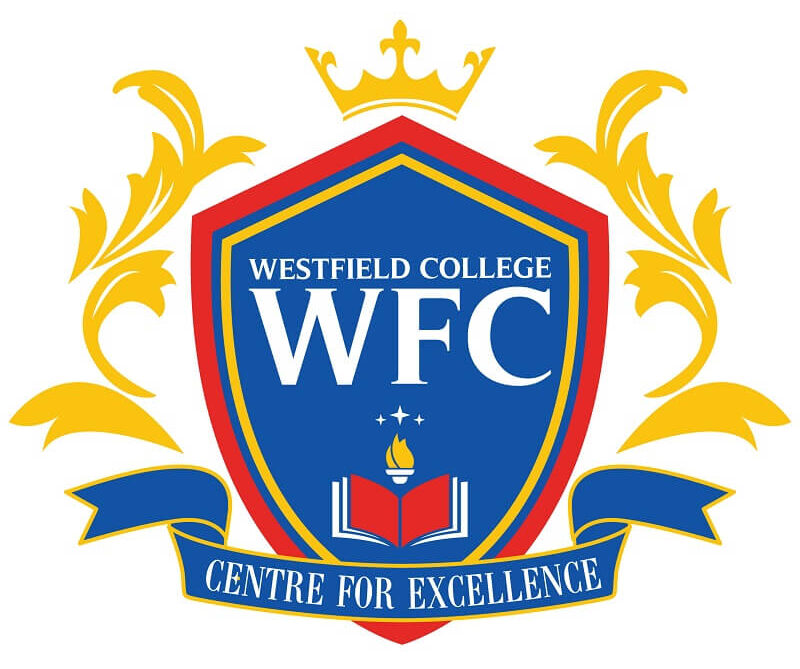My experience with Westfield College is great. The supervisor and the admin team are proactive and efficient.
Postgraduate Certificate in TESOL (ESOL Specialism)

Postgraduate Certificate in TESOL (ESOL Specialism)
Overview:
This ESOL-specific award takes inspiration from a rights-based approach to language that sees the provision of language education to all members as a right that enables them to participate equally in society. Drawing on theories of participatory pedagogy and recognising the needs of learners who may have literacy and trauma related challenges, the philosophy of the course informs all aspects of its content – from classroom organisation to the focus on the real–life needs of the learners.
The award is structured to facilitate flexible learning and professional development. Each of the three modules will feature a minimum of one session of face-to-face teaching at our Cardiff Campus.
Dr Mike Chick, who is USW’s Refugee Champion and responsible for a wide range of activities associated with USW’s status as a University of Sanctuary, has developed this course regarding the ESOL specialism. Course and module design builds on his experience in this area, on his professional networks, published and current research, and consultation with external stakeholders.
The sixty credits which constitute the PG Certificate forms the first part of the MA Teaching English to Speakers of Other Languages (ESOL) specialism.
Active, collaborative, and interdisciplinary learning are encouraged, drawing on sound principles of Action Research, Exploratory Practice and Critical ESOL pedagogies. The approach to learning is based on active enquiry brought to bear on predominant theories in the field. The development of communities of practice will be encouraged throughout the course and the interconnectedness of politics, migration, education, and inclusion will be a central feature.
Online application form
Information requested on this form should be completed in as much detail in order to process your application successfully. All fields marked * must be completed.
Apply Now
Entry Requirements
An undergraduate degree in any discipline with a minimum 2:2 classification.
An interview may be offered where applicants do not meet this classification. The interview will assess any combination of relevant study, language-teaching qualifications, and work experience, including volunteering.
For applicants not educated through the medium of English, an IELTS score of 6.5 is required. Each component minimum required score is IELTS reading 6.0, writing 6.0, listening 6.0 and speaking 6.0.
WHAT YOU WILL STUDY
The postgraduate certificate consists of three, core, 20-credit modules taught in sequence.
Participatory Approaches to the ESOL Classroom
The module aims to provide participants with a thorough understanding of both the theory and practice of participatory language education, to enable participants to be confident in carrying out emergent language teaching, and to empower participants to be confident in enacting a co-constructed, emergent, syllabus.
The Politics of Migrant Language Education
Language educators working with the growing numbers of forced migrants in the ESOL classroom require a broader understanding of inclusion, integration, and related policies in their local contexts. As such, this module offers potential for collaborations with students working on projects relating to public services, social sciences, and global leadership.
Teaching Basic Literacy and Trauma Informed Pedagogy
This module covers the approaches to teaching basic literacy – to people literate in a first language but unfamiliar with Latin script (e.g., Arabic speakers) and to people who are not literate in their first language.
It involves the development of a deep understanding of the role of a trauma informed pedagogy in language education for migrants.
Teaching
This course features blended learning with block (intensive) delivery: most workshops are online, but participants will also meet during the face-to-face sessions at our Cardiff Campus.
Modules are taught one at a time. The usual schedule will be:
Participatory approaches to the ESOL classroom: February
- Three sessions of online delivery
- A minimum of one session face-to-face
The politics of migrant language education March / April
- Three sessions of online delivery
- A minimum of one session face-to-face
Teaching Basic Literacy and Trauma Informed Pedagogy: April / May
- Three sessions of online delivery
- A minimum of one session face-to-face
This delivery pattern is designed to foster an effective learning community and professional network for students, while facilitating students already employed full-time in this area, for whom employers may fund continuous professional development.
The modules are taught through interactive workshops consisting of short lectures, activities, and discussions. These interactive workshops accommodate cutting edge research-based content best shared in the form of short lectures; opportunities for staff and students to discuss and model different classroom scenarios; time for formative assessment in the form of practical individual and small-group exercises; and space for discussion of key concepts.
Support
Students will be able to meet with the course leader online or in person, by appointment, throughout their studies.
Assessment
Assessment brings theoretical aspects to bear on practical, context-specific classroom realities. All assessment is through coursework, there are no exams.
Participatory approaches to the ESOL classroom
Assessment is through a project which contributes 100% of marks for the module. The project which can be shaped to learners’ current or planned professional experience.
The Politics of Migrant Language Education
Assessment is through two essays, each contributing 50% of the marks for the module.
Teaching Basic Literacy and Trauma Informed Pedagogy
Assessment is in the form of one essay, contributing 40% of marks for the module, and one project, contributing 60% of marks for the module: the project is an exercise in syllabus design.
COURSE DETAILS
Facilities
USW has a strong commitment to providing technology-based learning environments to support students. Whether studying on campus, at home or elsewhere, students have web access to essential course materials anytime and anywhere.
Students will have access to libraries and study spaces at all our campuses. Many library resources are also available digitally.
If during a review process course content is significantly changed, we’ll write to inform you and talk you through the changes for the coming year. But whatever the outcome, we aim to equip our students with the skillset and the mindset to succeed whatever tomorrow may bring. Your future, future-proofed.
Additional Costs
As a student of USW, you’ll have access to lots of free resources to support your study and learning, such as textbooks, publications, online journals, laptops, and plenty of remote-access resources. Whilst in most cases these resources are more than sufficient in supporting you with completing your course, additional costs, both obligatory and optional, may be required or requested for the likes of travel, memberships, experience days, stationery, printing, or equipment.
CAREERS
The need for this highly original and unique course is the culmination of work in the field of ESOL over the last decade or so. Moreover, the current humanitarian crises surrounding forced migration means that the demand for specifically trained tutors of migrants and forced migrants is extremely high.
The ESOL specialism proposed here is a response to feedback from employers, educators, and volunteers in the field. It reflects Welsh government strategy as well as educator needs identified throughout the UK (and beyond) by relevant professional research networks.
This award is suitable for anyone working or seeking to work in language education for migrants. Colleges, adult education, third sector and local authority employees would benefit from the award’s focus on language, politics and inclusion.
Fees
Full time
- 12 to 18 months
£7,250
You’ll study 9 modules in total (approx. 37 hrs/week).
Part time option one
- 12 to 18 months
£4,250
You’ll study 6 modules per year (approx. 25 hrs/week).
Part time option two
- 12 to 18 months
£5,500
Have a question about our professional qualifications?

Contact us about our professional qualifications
If you have any questions about our professional qualifications in finance and banking, please contact our customer services team.
Call us
- +44 (0) 203 771 5653
- admissions@westfieldcollege.co.uk
What Our Students Have To Say
Communication in Health and Social Care. Great Course. Very Easy to Understand
--Shariq Niazi
StudentHi, I recently started Access to Higher Education Diploma (Nursing and Midwifery) course with Westfield College.
--Komal Kiran Galaria
DesignerMy experience with Westfield College is great. The supervisor and the admin team are proactive and efficient.
--Oluwaseyi Olubasiri
Content CreatorCommunication in Health and Social Care. Great Course. Very Easy to Understand

